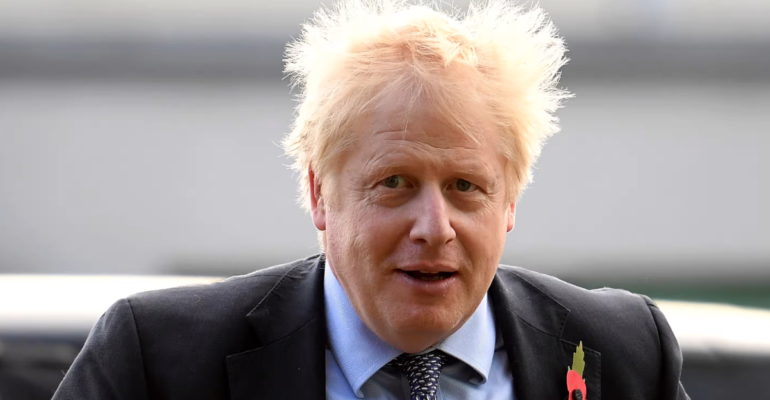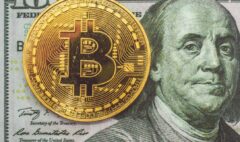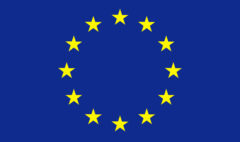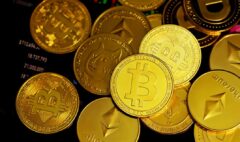Boris Johnson Quits: Economic Repercussions amidst the Turmoil
July 11, 2022 2022-07-11 17:54Boris Johnson Quits: Economic Repercussions amidst the Turmoil
Boris Johnson Quits: Economic Repercussions amidst the Turmoil
EUROPE ─ On Thursday, 7th of July, Boris Johnson announced his resignation as the Prime Minister (PM) of the United Kingdom (UK) during an unexpected resignation speech he made outside 10 Downing Street in London. The resignation comes after months of numerous scandals connecting Johnson. This resulted in his political support dwindling as well as losing his influence in the parliament.
Some of the most notable scandals Johnson faced include reports of several parties involving him and multiple government officials in his headquarters in Downing Street. These parties were held during the strict implementation of lockdowns and health protocols in the heights of the COVID-19 pandemic. As a result, pressure from the growing public dismay and political disapproval has forced the PM to apologize for allowing these parties to take place.
In addition, one of his most recent controversies involves him appointing a certain man with a known history of “allegedly making unwanted sexual advances” as a senior parliamentary official. However, he did not mention any of these scandals in his resignation speech and chose a more casual approach.
“I want you to know how sad I am at giving up the best job in the world. But them’s the breaks,” Johnson said.
His resignation was preceded by a long queue of junior parliament officials and senior cabinet ministers, including UK’s Treasury Chief, Rishi Sunak, stepping down from their respective posts. Due to this, it became apparent that it would be almost impossible for Johnson to continue his tenure as the PM since he was losing ground and voice in the highest government body.
The Possible Repercussion to UK’s Battered Economy
Johnson’s resignation posed more uncertainty in UK’s response to the current unpleasant economic landscape in the country. The UK is forecasted to experience a double-digit inflation rate in the following inflation report. This is despite the Bank of England’s (BoE) implementation of an aggressive tightening monetary policy in the form of interest rate hikes. The country recorded the highest inflation rate among all developed countries at 9.1%. The current rate represents the highest recorded figure in more than 40 years. In addition, the BoE forecasts an unprecedented 11% year-end inflation rate this year.
Moreover, the adverse effects to the economy of “Brexit” and a possible recession looming in the corner put more pressure on the economy. A lack of a political leader could mean a more uncertain direction for UK’s fiscal policies and decision-making.
Concern over UK’s National Debt
UK’s national debt currently stands at £2 Trillion; the national debt jumped during the pandemic. Furthermore, reports suggest that UK’s national debt will further jump by 320% of the UK’s GDP within 50 years if the current inclination to an expansionary fiscal policy continues.
Johnson had long advocated for a higher tax cut, which, if it continued, would most likely increase the inflation rate further. However, according to Citi Bank, among the four strong conservative contenders for the next PM: former treasury chief Rishi Sunak and former health minister Sajid Javid would lean toward a more cautious fiscal policy. In contrast, former foreign minister Liz Truss and former interior minister Priti Patel would most likely follow Johnson’s advocate for higher spending and an immediate tax cut.
Skepticism Grows Further
Citi Bank maintains its skeptical outlook on the economy, saying, “In the months ahead, we see the UK heading into a once-in-a-generation squeeze in living standards, absent a defined strategy, and facing deep governmental division. The risk of profound policy error is therefore significant.”
Meanwhile, Kallum Pickering, an analyst at Berenberg, offered a caveat saying that the UK’s economy will improve if the upcoming PM is “more diligent and [a] more serious individual.”







